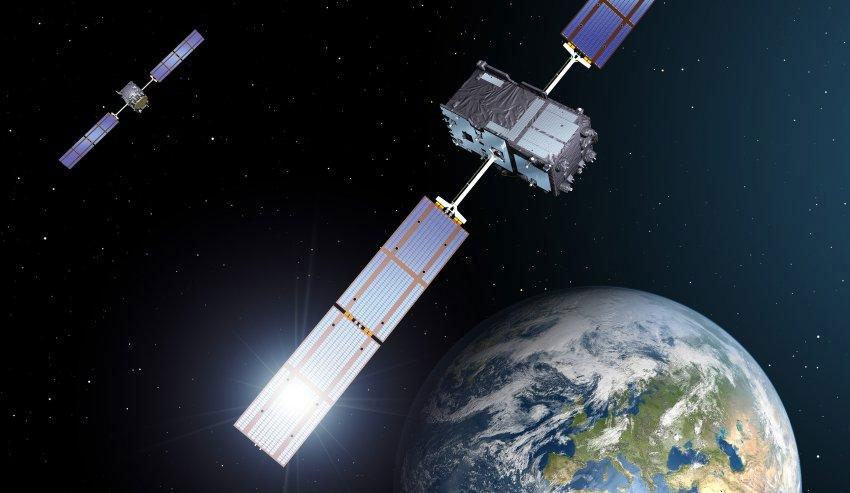With the successful launch of four Galileo satellites yesterday, the Galileo constellation now has 18 satellites in orbit out of the minimum 24 needed for worldwide coverage.
This is the first time that a European launcher, Ariane-5, was used for Galileo. The new satellites will now accelerate the deployment of Europe’s own global satellite navigation system Galileo. Maroš Šefčovič, Vice-President for the Energy Union, said: “The latest Galileo launch shows that Europe is at the forefront of space technological developments and now has autonomous access to space. Galileo will bring concrete benefits for people, companies and public authorities. With its precise satellite navigation services, it will underpin a range of services from transport, agriculture, health, electricity grids, financial transactions, rescue operations and many others”. Elżbieta Bieńkowska, Commissioner for Internal Market, Industry, Entrepreneurship and SMEs, said: “The Galileo launch was a great success. With more satellites in orbit, Galileo will soon be able to offer the first services for its users. We will also build on the success of the Ariane V launcher to guarantee Europe’s autonomous access to space and strengthen Europe’s position as a key space player.” As an important part of the Commission’s Space Strategy, Galileo will bring extra accuracy in global positioning and timing information services once operational. As part of the initial services, to be available soon, Galileo will help to support search and rescue operations, emergency services and police forces as well as provide freely accessible satellite data on positioning, velocity and timing. Galileo is expected to become fully operational from 2020. By then, it should help to improve in-car navigation and mobile phone signals, help road and rail transport become safer and act as a catalyst for R&D and high-tech job creation around Europe.



